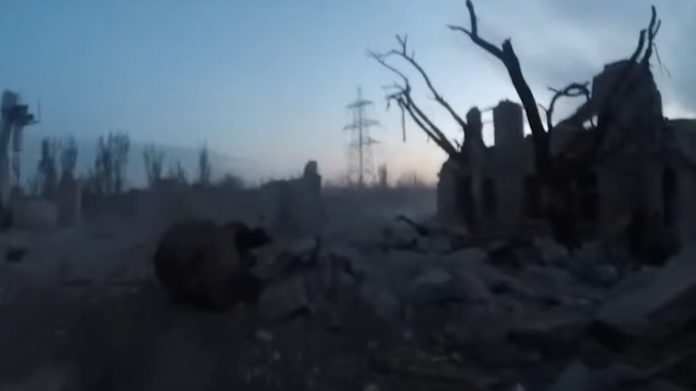
I think Scott Ritter jumped the gun in calling the $40 billion dollar Ukrainian aid bill a “game changer.” Once you take time to parse the details you quickly realize the media is misleading the American public on the reality of the $40 billion dollars ostensibly designated to buy weapons and equip Ukraine with a cornucopia of lethality. Mark Cancian at the Center for Strategic and International Studies (aka CSIS) provides an excellent breakdown of what was actually appropriated. Here is a quick summary:
$19 billion for immediate military support to Ukraine
$3.9 billion to sustain U.S. forces deployed to Europe
$16 billion for economic support to Ukraine and global humanitarian relief
$2 billion for long-term support to NATO allies and DOD modernization programs
Right off the bat, you can see that Ukraine is not getting $40 billion dollars worth of military goodies to whack Russians. They are not even getting $19 billion. The $19 billion is carved up into smaller packages:
- $6 billion for training, equipment, weapons, logistic support, supplies and services, salaries and stipends and intelligence support to the military and national security forces of Ukraine (and the specifics of the expenditures remain to be determined).
- $9 billion to replenish U.S. weapons stocks already sent to Ukraine.
- $4 billion for the Foreign Military Financing Program (this allows a foreign country like Ukraine to buy brand new weapon systems).
What could Ukraine buy with $4 billion dollars? They could order 444 M1A2 SEP battle tanks. Getting them built and delivered will take more than a year. Or Ukraine could buy 44 F-35 Jet Fighters. But that is just the cost of the air frame. Ukraine would then have to cough up at least $27,000 per flight hour per plane. Delivery on that system would take years. Lockheed Martin currently churns out 91 a year. So, if Ukraine is willing to wait 5 years it could have the most advanced fighter in the U.S. arsenal. But that assumes the U.S. Air Force stops buying and lets Ukraine get to the head of the line.
I want to point out that the United States defeated the Japanese and helped defeat the Germans in less time that is required to build 444 F-35s. Not exactly a positive game changer.
Given these facts, Ukraine can only hope to receive $6 billion in military assistance in the immediate future. That is a sizeable chunk of change but there is no requirement that it be spent primarily on weapon systems that are effective against the Russians.
No matter what aid is provided to Ukraine in the coming weeks, the Russians enjoy a decisive advantage in their control of the air space, their precision missile and rocket systems and their robust electronic warfare capabilities.
Drone technology is a game changer. It can fly at any time without risking a pilot being shot down or killed. It can conduct reconnaissance and surveillance of enemy troop locations and movements, which provides the attacking force with precise geo coordinates to destroy enemy troops with missiles or rockets.
It does not matter if the U.S. shares complete Intelligence Surveillance and Reconnaissance about Russian forces because Ukraine does not have the weapon systems to act on that information using lethal force. Ditto if Ukraine has its own powerful ISR systems. It does not have the air power or the missiles to attack the Russian forces. In fact, Russia’s air defense systems have been quite effective in shooting down those planes and missiles Ukraine tried to use.


